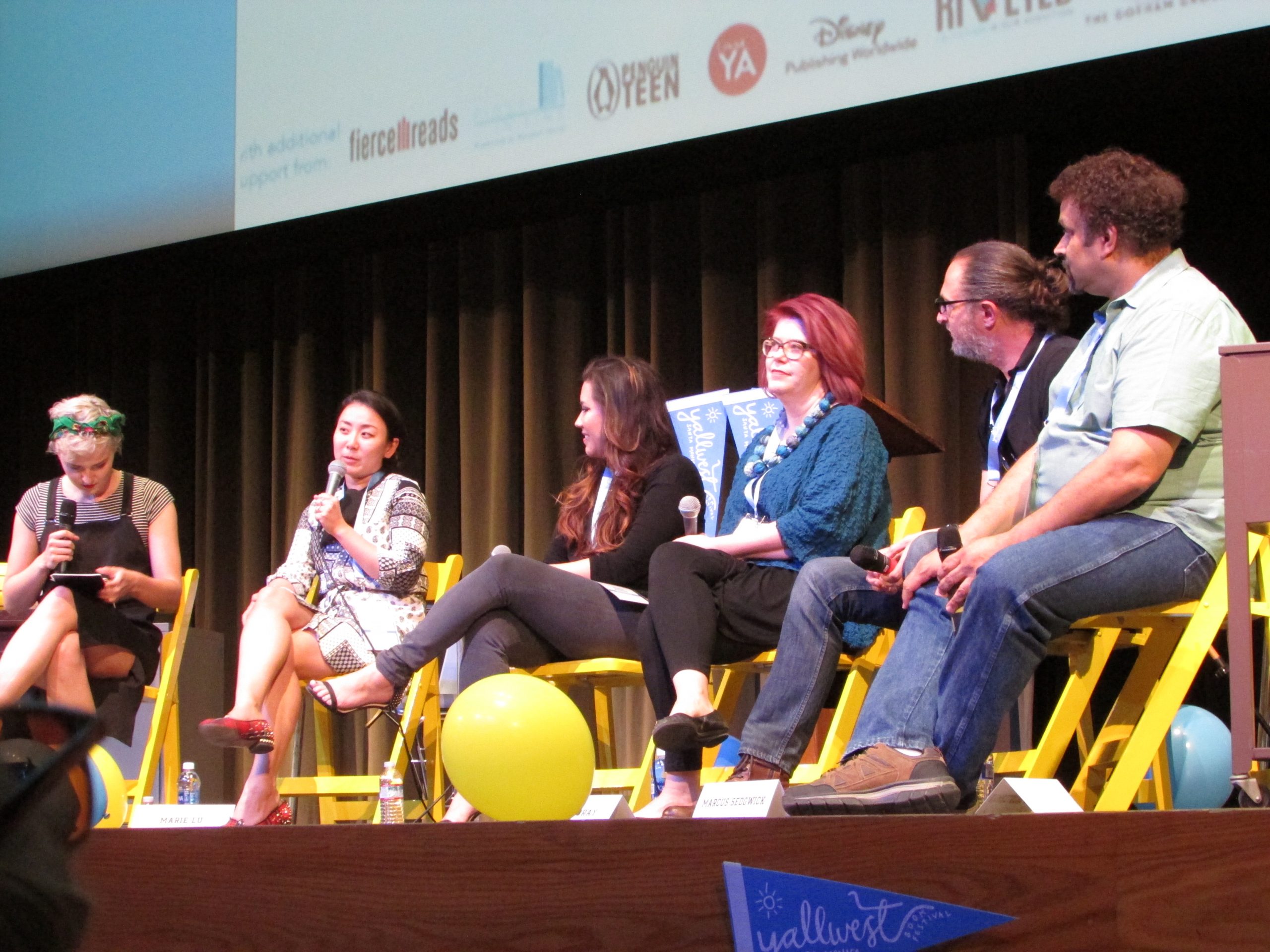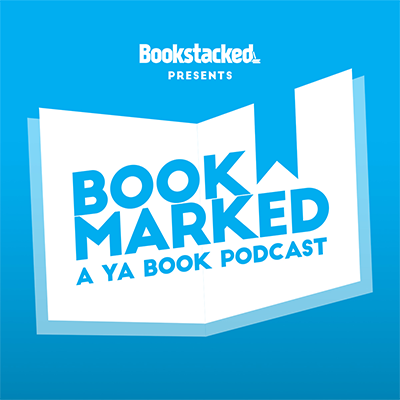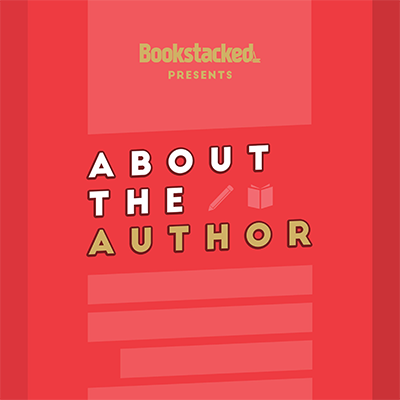While most panels of the day were pretty fun, this panel was a bit more serious (not completely, but just a smidge more than the rest). The panel, led by Veronica Roth, consisted of authors Marie Lu, Renée Ahdieh, Claudia Gray, Marcus Sedgwick and Neal Shusterman.
Among the laughs and jokes, the most important topic of the panel to come up was: why do teens/YA readers relate so much to dystopian/post-dystopian worlds? The authors all came to the conclusion that it’s because that is the typical stage of a person’s life when they start trying to figure out what is real and what isn’t.
Is it important for teens to figure out what’s real?
-
Marie Lu: I think so. For me, as a child you know, we believe what our parents are telling us is the truth. But as I got older, I started thinking, “Well, I don’t know about that,” when her parents expressed their opinions and disagreeing with them. I began understanding that what we are told isn’t always true.
-
Renée Ahdieh: I do think it’s when teens/young adults begin to see and try to understand the differences between a perceived truth and an absolute truth.
-
Claudia Gray: I think that that is the age when teens begin to verify what is the truth for themselves.
-
Marcus Sedgwick: It is a difficult period, I think, because we aren’t helped through it and aren’t really guided through it either. Who you are as an adult is a kind of reflection of how you survived and came through your teenage years.
-
Veronica Roth: I think the appeal for teens/young adults is that in dystopian worlds, the main characters figure out their own truths and “the world has lied to me and now I’m trying to fix it [the lies/effect the lies had.]”
-
Neal Shusterman: The search for the truth becomes real. That’s the reason why teens connect with these books.
When asked by an audience member how the authors deal with backlash from fans who didn’t like a particular scene/ending/character death, the authors shared some of their experiences with fan backlash. Marcus Sedgwick told the audience (jokingly) that “you must understand, we writers, have very thin skins” and went on to tell the story of how a reader of one of his books sent him a five-page long email detailing what was wrong with his book, full of negative feedback.
Veronica Roth quickly recapped why she had received so much fan backlash in regards to Allegiant, and while she didn’t really elaborate on the kind of backlash she received, she did say that she has been called a murderer in at least five languages. As a result, she has a filter on her emails/social media that filters the word “murderer,” or any variation of it, in order be able to avoid reading it. The other authors agreed that social media has made it easier for readers to send backlash to authors. The authors all agreed that readers forget that behind the social media handles, authors are real people with real feelings, but they all agree that the best way with dealing with such negativity is with humor.
Check out these photos from the panel:















Bookstacked Comment Policy
We welcome respectful comments. Our only rule is to be kind. Rude, hateful and generally mean-spirited comments will be removed.